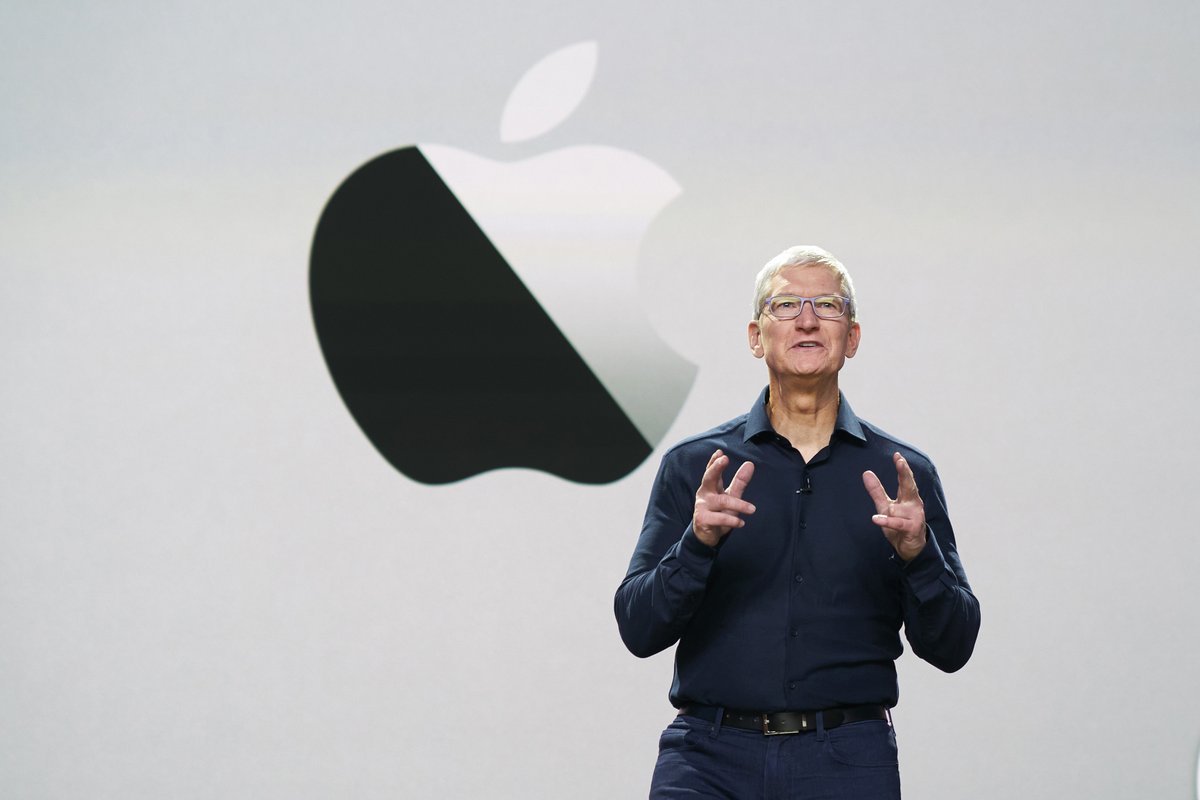Apple has suspended plans to use memory chips from Chinese manufacturer Yangtze Memory Technologies Co (YMTC) after the firm was directly targeted by US trade sanctions, Nikkei Asia reported on Monday.
The iPhone maker’s plans to use YMTC first emerged in a report in the South Korean business press in September, provoking warnings from US lawmakers.
Senate intelligence committee vice-chair Marco Rubio told the Financial Times last month that Apple would face scrutiny “like it has never seen from the federal government” if it used YMTC memory chips, which he said posed “security risks”.

Trade restrictions
Amidst sweeping trade restrictions introduced earlier this month the US placed YMTC and 30 other Chinese organisations on its “unverified list” of companies its officials are unable to inspect, triggering immediate trade sanctions and paving the way for more to come in 60 days.
The new rules also bar “US persons” from aiding in the development of chip manufacturing facilities in China and block US companies from selling equipment and materials to Chinese wafer plants that produce NAND flash memory chips with 128 layers or more.
Following the announcement several major US chip tool providers, including Lam Research and KLA pulled US engineers out of YMTC facilities, the Wall Street Journal reported last week.
YMTC’s 128-layer 3D NAND flash memory chips had already completed the months-long verification process for Apple to use the tech in iPhones, Nikkei said, citing multiple unnamed sources.
Diversification
Apple was previously using NAND flash from South Korea’s Samsung Electronics and SK Hynix and Japan’s Kioxia.
It had considered purchasing up to 40 percent of its iPhone chips from YMTC, intending to use them in iPhones for the China market, Nikkei reported.
YMTC controlled 5 percent of the global market for NAND flash last year and had been expected to exceed 10 percent by 2027 before the sanctions, according to Yole Development.




